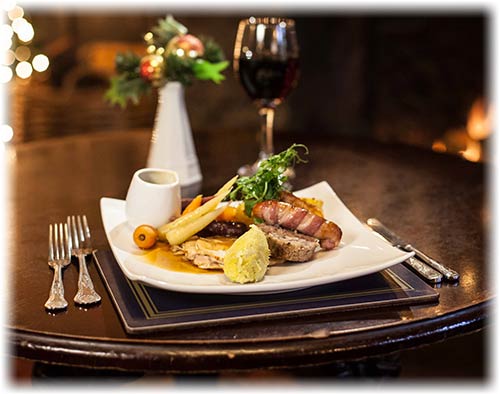rage
an exciting or entertaining event involving a lot of activity
The party was a rage.
Oxford Essential Dictionary
rage
noun
very strong anger:
Sue stormed out of the room in a rage.
Longman Dictionary of Contemporary English
rage
I. rage1 /reɪdʒ/ BrE AmE noun
[Date: 1200-1300; Language: Old French; Origin: Latin rabies 'anger, wildness', from rabere 'to be wild with anger']
1. [uncountable and countable] a strong feeling of uncontrollable anger:
Sobbing with rage, Carol was taken to the hospital.
in a rage
Sam became quite frightening when he was in a rage.
cry/scream/roar etc of rage
Just then, she heard Mr Evan’s bellow of rage.
red/dark/purple with rage
His face was red with rage.
trembling/shaking with rage
Forester stared at his car, trembling with rage.
seething/incandescent with rage (=as angry as a person can possibly be)
Animal rights supporters were incandescent with rage.
Richens was 17 when he flew into a rage and stabbed another teenager.
2. be all the rage informal to be very popular or fashionable:
DiCaprio became all the rage after starring in the film ‘Titanic’.
3. rage for something a situation in which something is very popular or fashionable:
the rage for mobile phones
Cambridge Advanced Learner's Dictionary
rage / reɪdʒ / noun [ C usually singular ] Australian English informal (EVENT)
an exciting or entertaining event involving a lot of activity:
The party was a rage.
Collins COBUILD Advanced Learner’s English Dictionary
rage
[re͟ɪʤ]
rages, raging, raged
1) N-VAR Rage is strong anger that is difficult to control.
He was red-cheeked with rage...
I flew into a rage...
He admitted shooting the man in a fit of rage.
Syn:
fury
2) VERB You say that something powerful or unpleasant rages when it continues with great force or violence.
Train services were halted as the fire raged for more than four hours.
...the fierce arguments raging over the future of the Holy City...
[V on] The war rages on and the time has come to take sides.
3) VERB If you rage about something, you speak or think very angrily about it.
[V about/against/at n] Monroe was on the phone, raging about her mistreatment by the brothers...
Inside, Frannie was raging...
[V with quote] `I can't see it's any of your business,' he raged.
4) N-UNCOUNT: n N You can refer to the strong anger that someone feels in a particular situation as a particular rage, especially when this results in violent or aggressive behaviour.
→ See also road rage
Cabin crews are reporting up to nine cases of air rage a week.
5) N-SING: the N When something is popular and fashionable, you can say that it is the rage or all the rage. [INFORMAL]
Badges are all the rage in France, Mr Toff explains.
6) → See also raging
Merriam-Webster's Advanced Learner's Dictionary
1rage /ˈreɪʤ/ noun, pl rag·es
1 a [noncount] : a strong feeling of anger that is difficult to control
• Her note to him was full of rage.
• He was shaking with rage.
• a fit of rage
- see also road rage synonyms see1anger
b [count] : a sudden expression of violent anger
• She was seized by a murderous rage.
• His rages rarely last more than a few minutes.
• He flew into a rage. [=he suddenly became extremely angry]
2 [singular]
a : something that is suddenly very popular
• Karaoke is (all) the rage these days. [=karaoke is very popular]
b : a strong desire by many people to have or do something - + for
• I don't understand the current rage for flavored coffee. [=I don't understand why flavored coffee is so popular]


